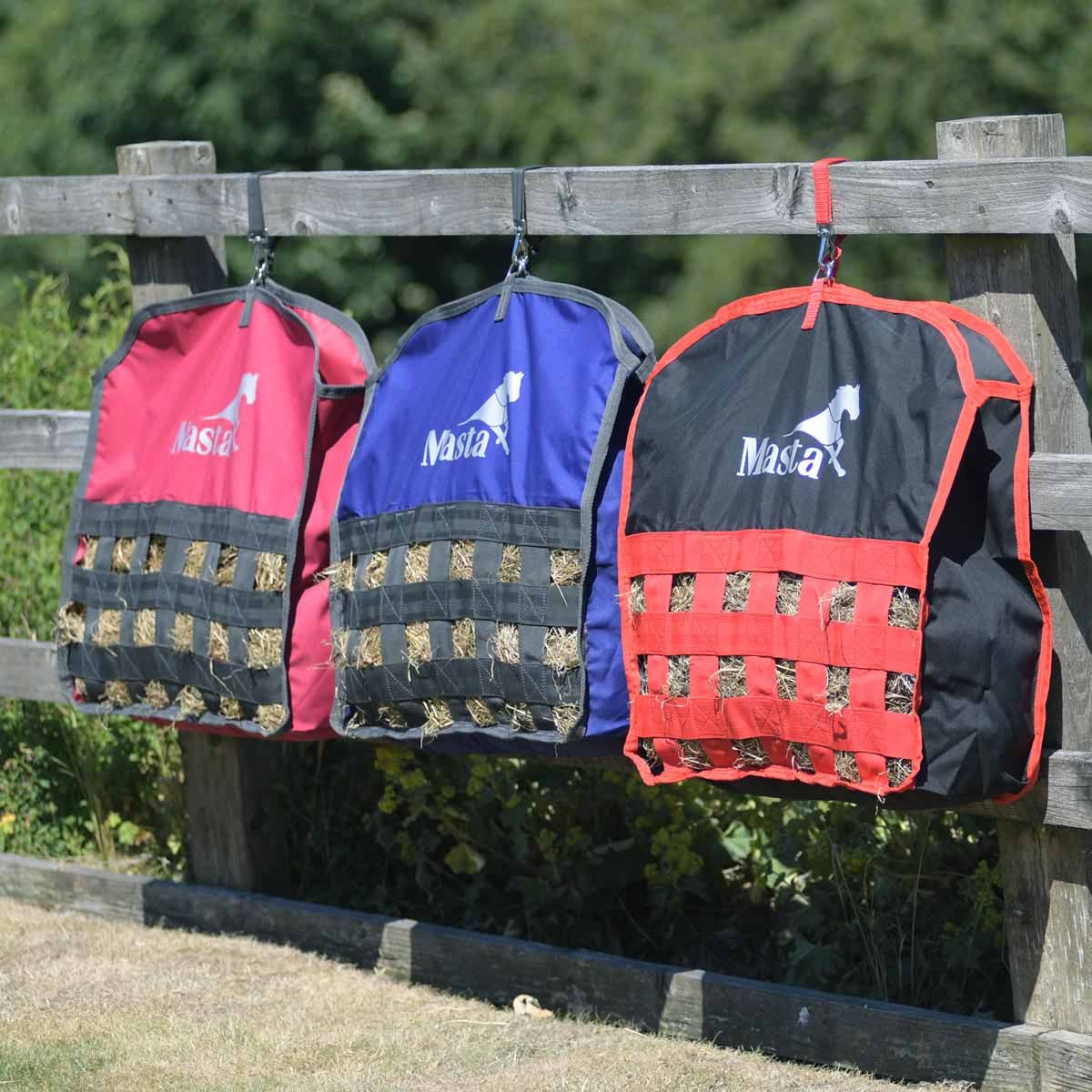
When choosing the best type of hay or haylage, it can appear daunting with the huge variety available. It can be difficult to decide which one is best for your horse, so being aware of your horse’s individual needs is important. As every horse is different, choosing the right feed will have benefits such as improved digestion, better health and fewer preventable illnesses, saving you on vet fees and sleepless nights.
Low energy haylage
Low energy haylage provides a reduced sugar and protein content whilst also maintaining a high level of fiber. Some horses may have a predisposition to metabolic disorders which require a low sugar diet in order to reduce unintended weight gain and associated health complications. Keeping a horse within a healthy weight range lowers the risk of laminitis, or for a horse already suffering, can help relieve the symptoms. It is important to feed a horse with laminitis a low sugar diet with high fiber to stop the symptoms worsening.
A horse in maintenance should be fed according to the level of work they are in to maintain their muscle, weight and energy levels. If a horse is doing light work, they may require a low sugar diet but with all the benefits of a haylage high in vitamins and minerals.
High protein and sugar
Horses that are in regular sporting and competition events will require tent provides the energy your horse needs to continue to be active and increase stamina through exercise. Horses that are part of a heavier working routine would also require this diet. High protein and energy feed also provides the calories that your horse needs, that have been lost through movement and activity.
All round balance
If your horse often participates in light to moderate work and exercise, an all round product made from ryegrass may be the ideal feed. Look out for products containing a balance of energy and protein with a rich fiber content to make sure your horse is getting a healthy distribution of nutrients – locally to us, MS and TJ Haylage’s ‘Haylage Complete’ would fit the bill.
Hay
Sometimes your horse may suffer from allergies. This is not an uncommon issue, with horses experiencing symptoms affecting their skin or respiratory system. It is always best to make your vet aware, however, the type of feed you give to your horse may help ease symptoms. Hay made from ryegrass can be dust free, contain lower protein and energy levels than haylage while keeping a high fiber content, so would be suitable for a less active horse that doesn’t need as much sugar, as well as containing vitamins and minerals to keep your horse healthy, with the added benefit of being more suitable for a horse with allergies.

Meadow
Strapped meadow hay is perfect for a horse in medium to low work, this is due to its medium balance of protein and energy while maintaining a high level of fiber. It's thin strands make easy feeding and digestion and our product contains a mix of grass species and is perfect as an all round hay.
Timothy Hay
Some horses may develop colic, it is a relatively common disorder of a horse’s digestive system and can result in a horse being prone to bowel discomfort and abdominal pain. A horse feed with high fiber and low in protein enables your horse’s digestive system to be better regulated. It can also help horses prone to weight gain due to the low protein, tackling obesity.
Thanks go out to MS and TJ Haylage for their help in putting together this hay guide. The South Yorkshire grower has a great range of hays perfect for feeding your horse. And we’ve got the haynets and floor feeders perfect for your stable!
